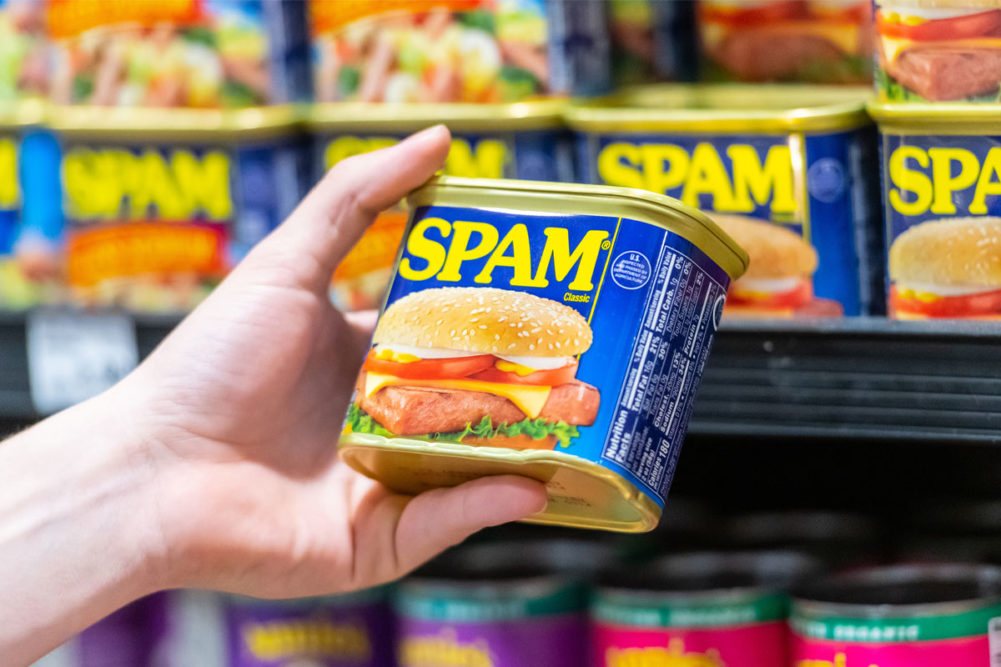NEW YORK — The Hormel Food Corp.’s stable of brands, most notably Hormel, Jennie-O, Planters, Skippy and SPAM are synonymous with retail. But during the past 30 years the company has developed new brands, been making inroads into foodservice and is accelerating its push into the category with Foodservice 3.0, its latest go-to-market strategy.
The foundation of Hormel’s foodservice business was set in the 1990s in what Mark J. Ourada, group vice president of foodservice, called Foodservice 1.0 during the company’s recent investor day on Oct. 12. Foodservice 2.0 took place from 2000 to 2020 and featured growth in bacon and pizza toppings, but also led to the development of such category specific brands as Austin Blues, Bacon 1, Café H, Fire Braised and more.
“That was how we started to take share and outpace our competitors — by innovating in those spaces,” Mr. Ourada said.
Starting in 2021, Hormel Foods launched its 3.0 initiative. Innovation remains a central strategy, but it is much more data driven than in the past, said Mr. Ourada.
“Foodservice — unlike retail — we haven’t had a lot of data over the years coming to us,” he said. “We don't have the scan data like retail. But I'll say (that) in the last five or six years, it's become much more prevalent. We are getting data now through NPD and we're starting to invest in that.”
New opportunities for growth include expansion in schools, investments in digital capabilities and convenience stores. Hormel’s Jennie-O Turkey Store brand has a strong presence in the school K-12 segment and the company is focused on selling additional product lines in the segment.
“(Jennie-O has) has a majority of the turkey business in K-12,” Mr. Ourada said. “Hormel really didn’t have that. We're bringing the (Jennie-O) K-12 team on now with ours. We’ve trained them on key Hormel items that fit in that K-12 space and we’re starting to see a value-add get unlocked as they’re out talking to their customers, adding Hormel items to that portfolio.”
Additional investments in digital capabilities will ensure operators are able to learn and order from Hormel’s foodservice unit any time.
“Over 75% of all operator restaurants out there are ordering online,” Mr. Ourada said. “They’re not sitting down necessarily with their distributor sales rep placing an order. They’re going online. Now this could be at any time of day or night; it could be 2 in the morning when a chef finally gets done with that grind. We have got to make sure that we’re showing up well when that happens.”
Finally, Hormel Foods is seeking to grow its share of sales in the convenience store category. The company has a strong presence in pizza and its acquisition of Planters is seen by company management as a way to get additional Hormel brands into convenience stores.
“Salty snacks is No. 5 in (convenience store) revenue and sales,” Mr. Ourada said. “And, obviously, our acquisition of Planters has put us front and center in that part of the store.”
Mr. Ourada said Planters’ presence is opening the door to additional brands like SPAM and Dinty Moore growing sales in the category as well as snack trays and retail bacon.
“Its (Planters) allowed us … to get into many more c-stores … and unlock the opportunity for our team to sell into these other categories,” he said. “So, we see some very, very nice runway with the convenience channel as we move forward.”




